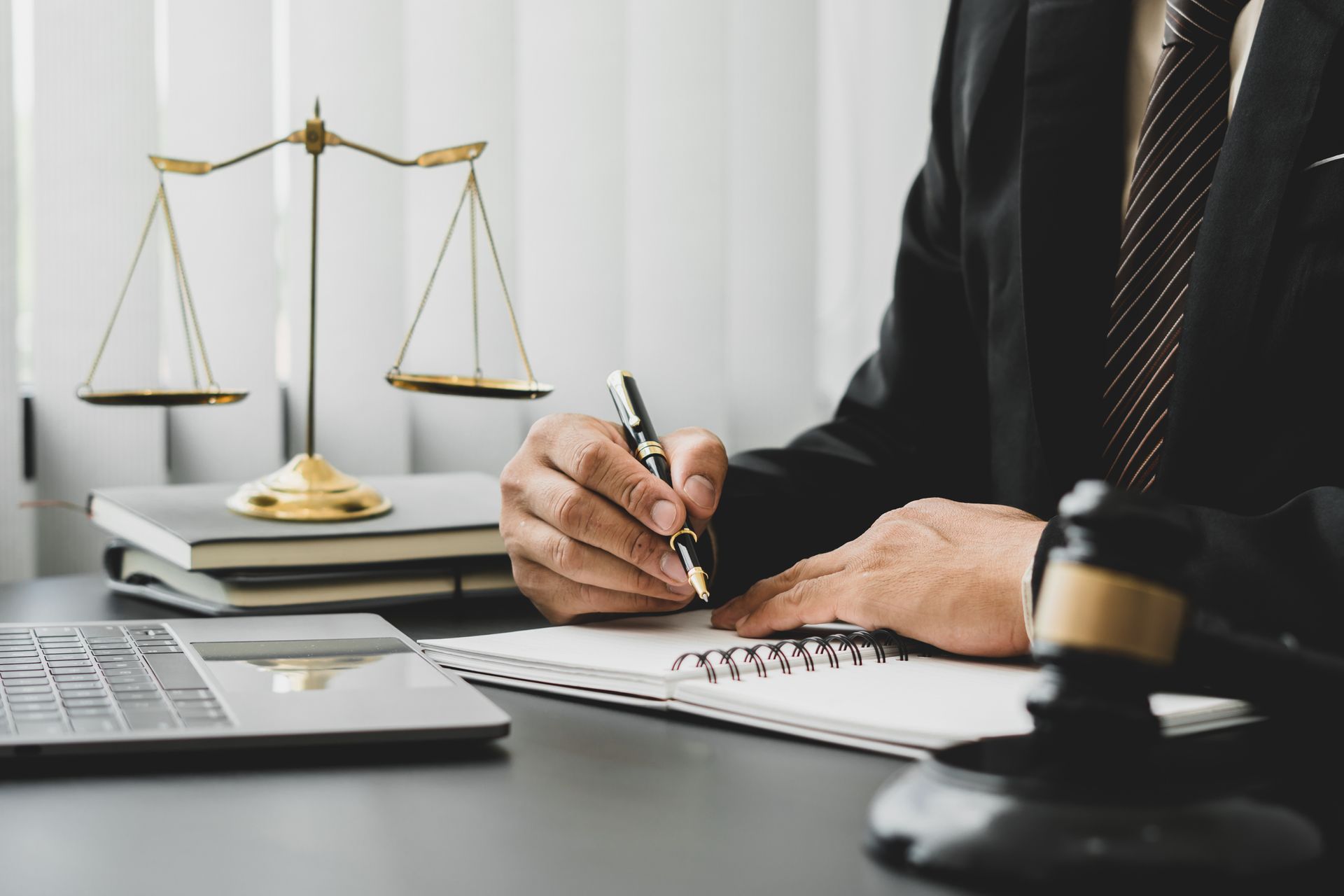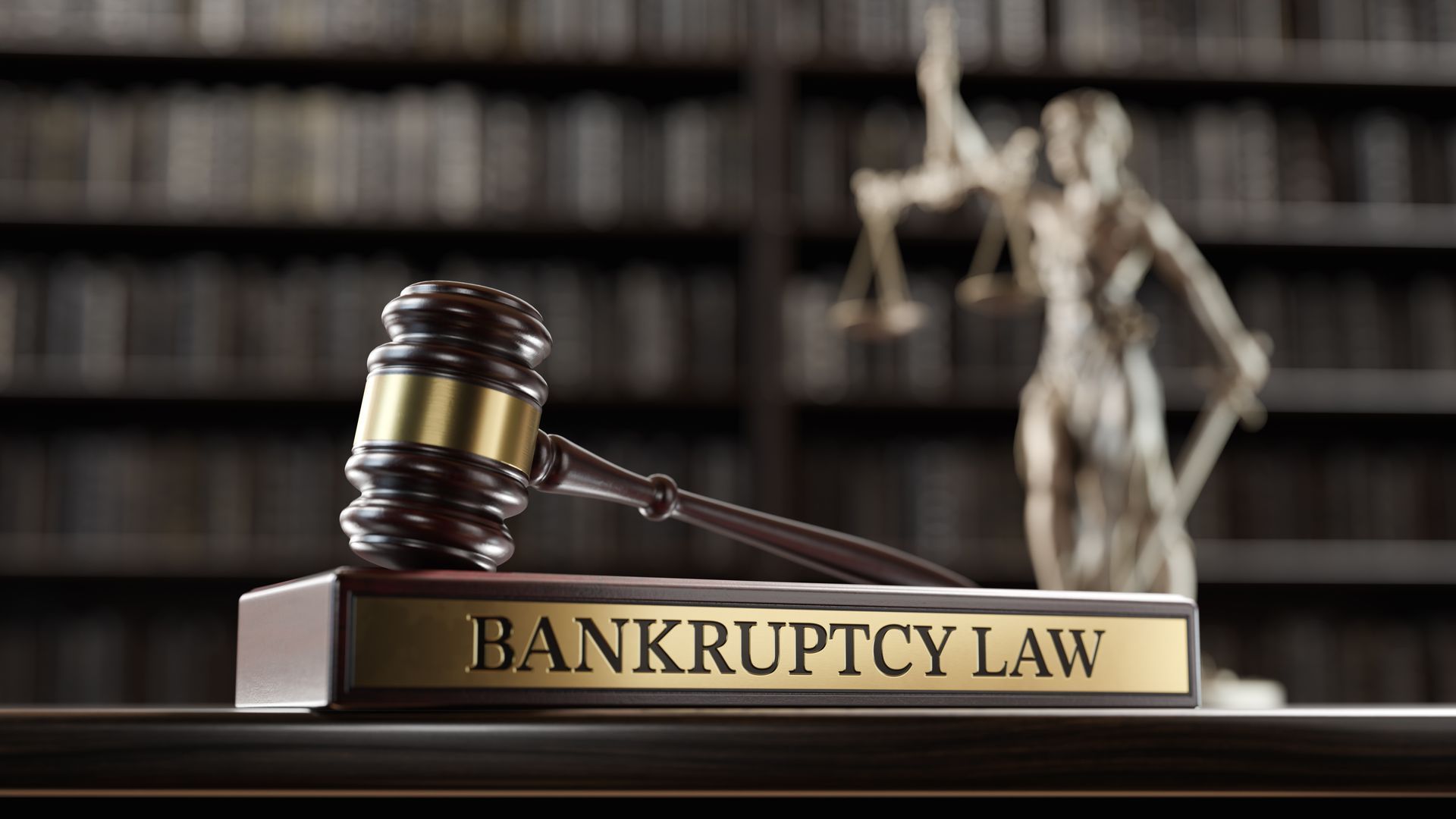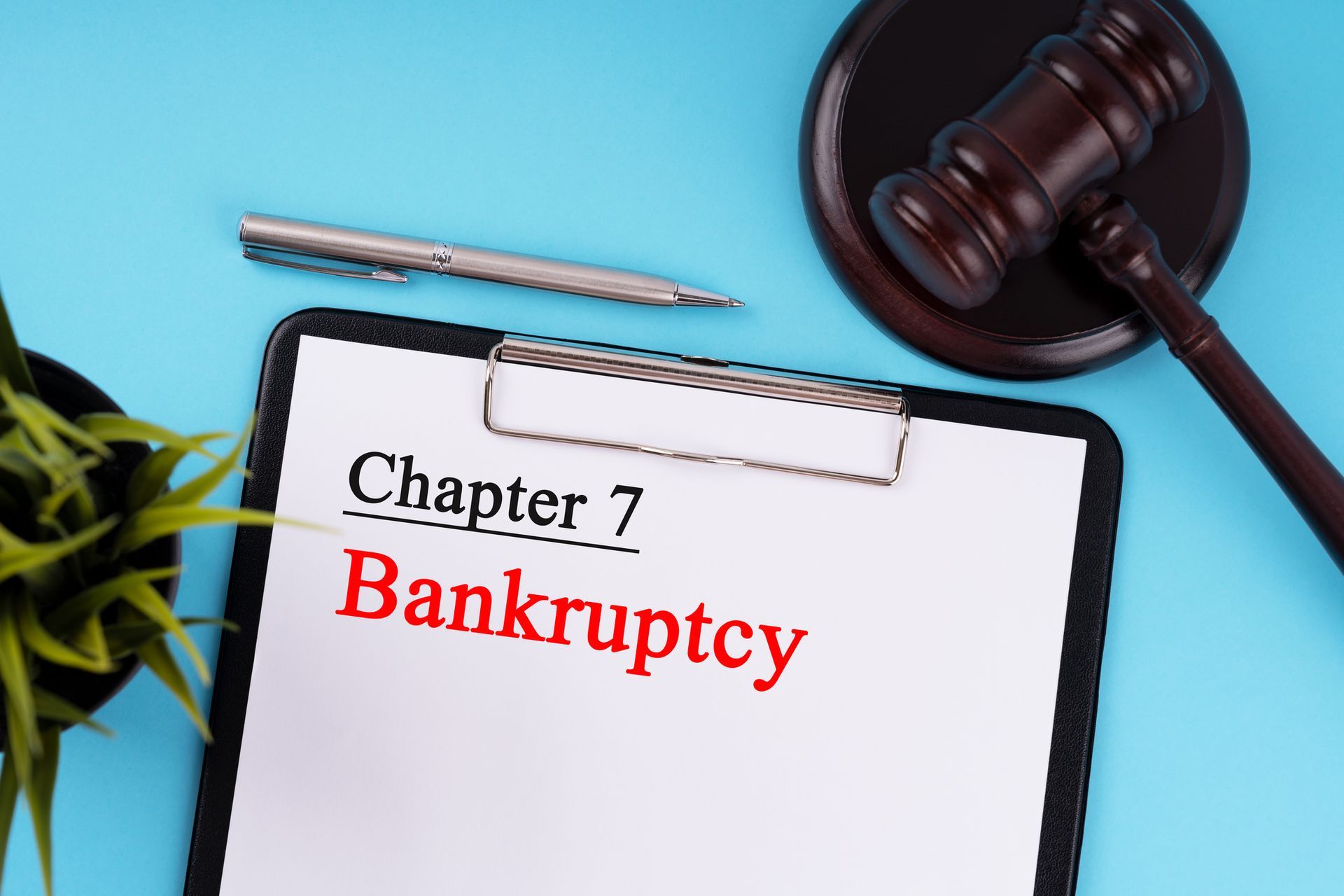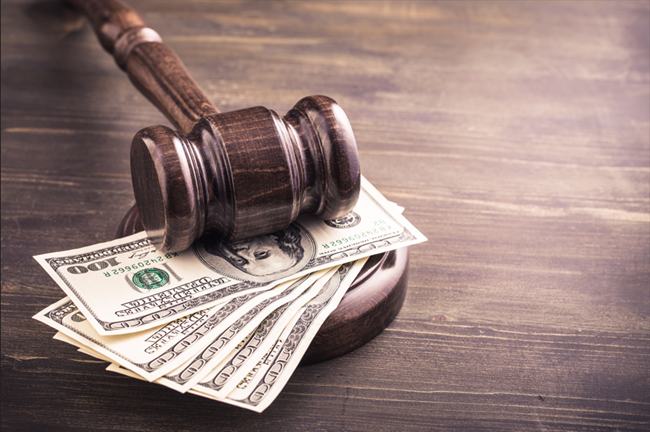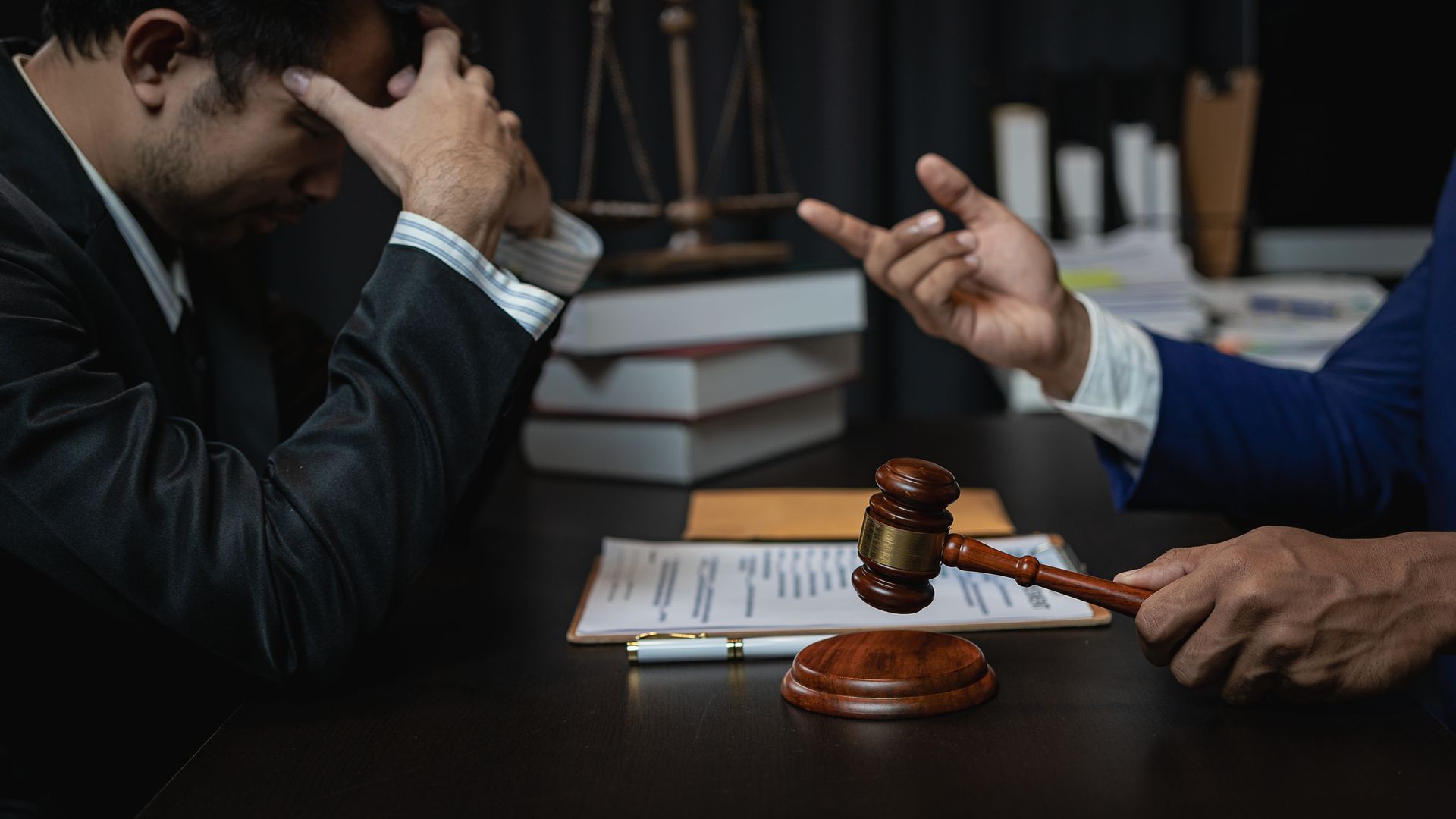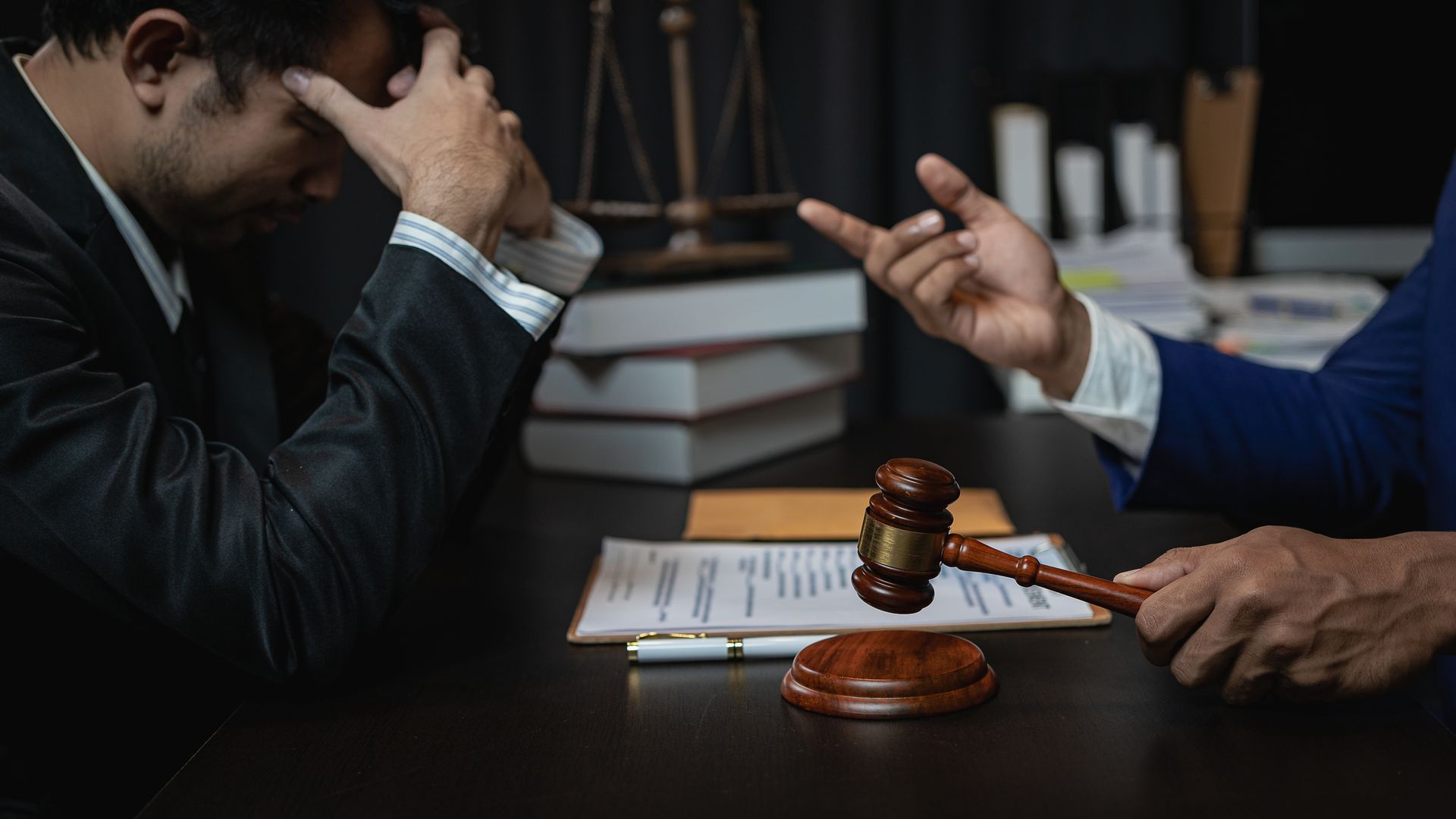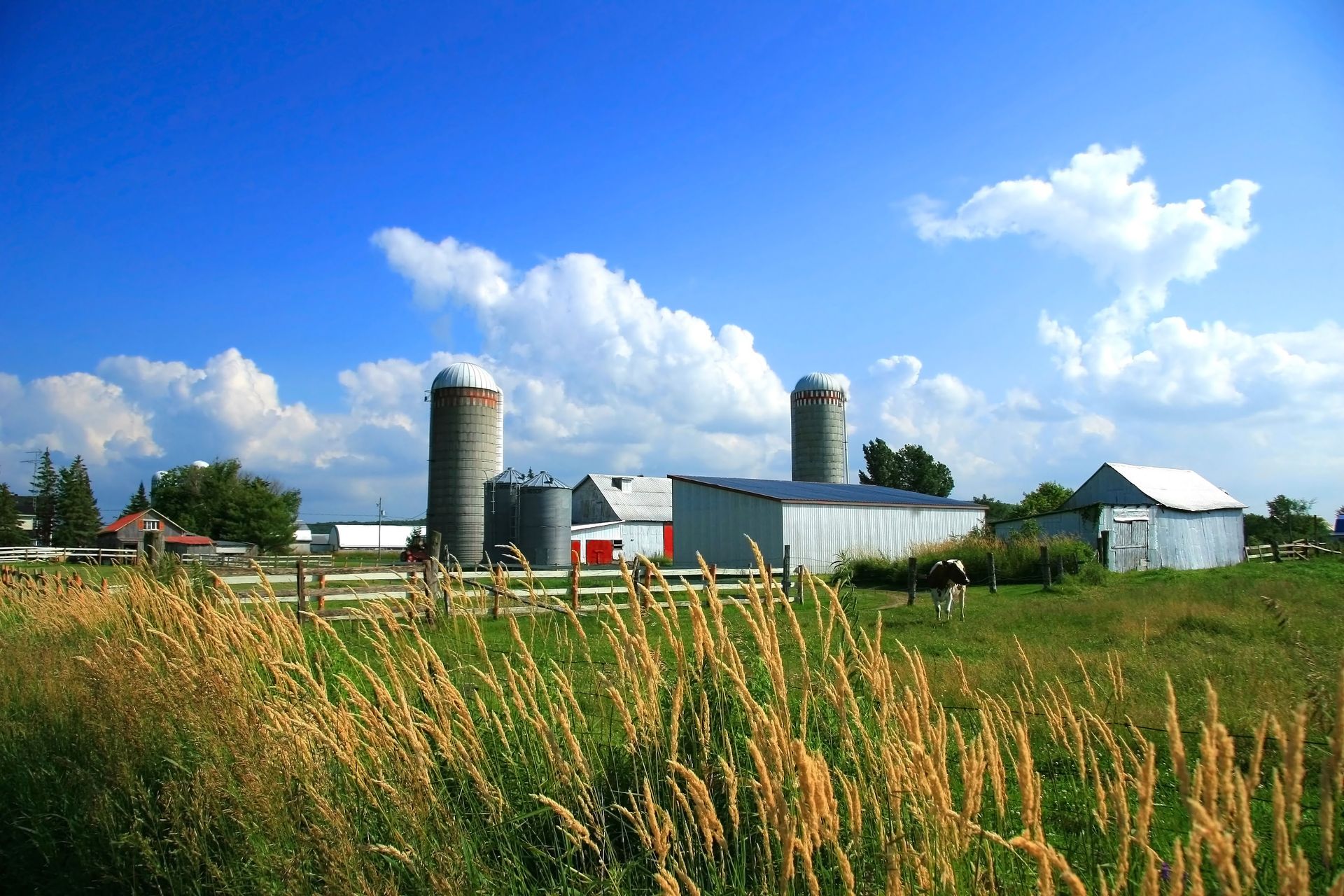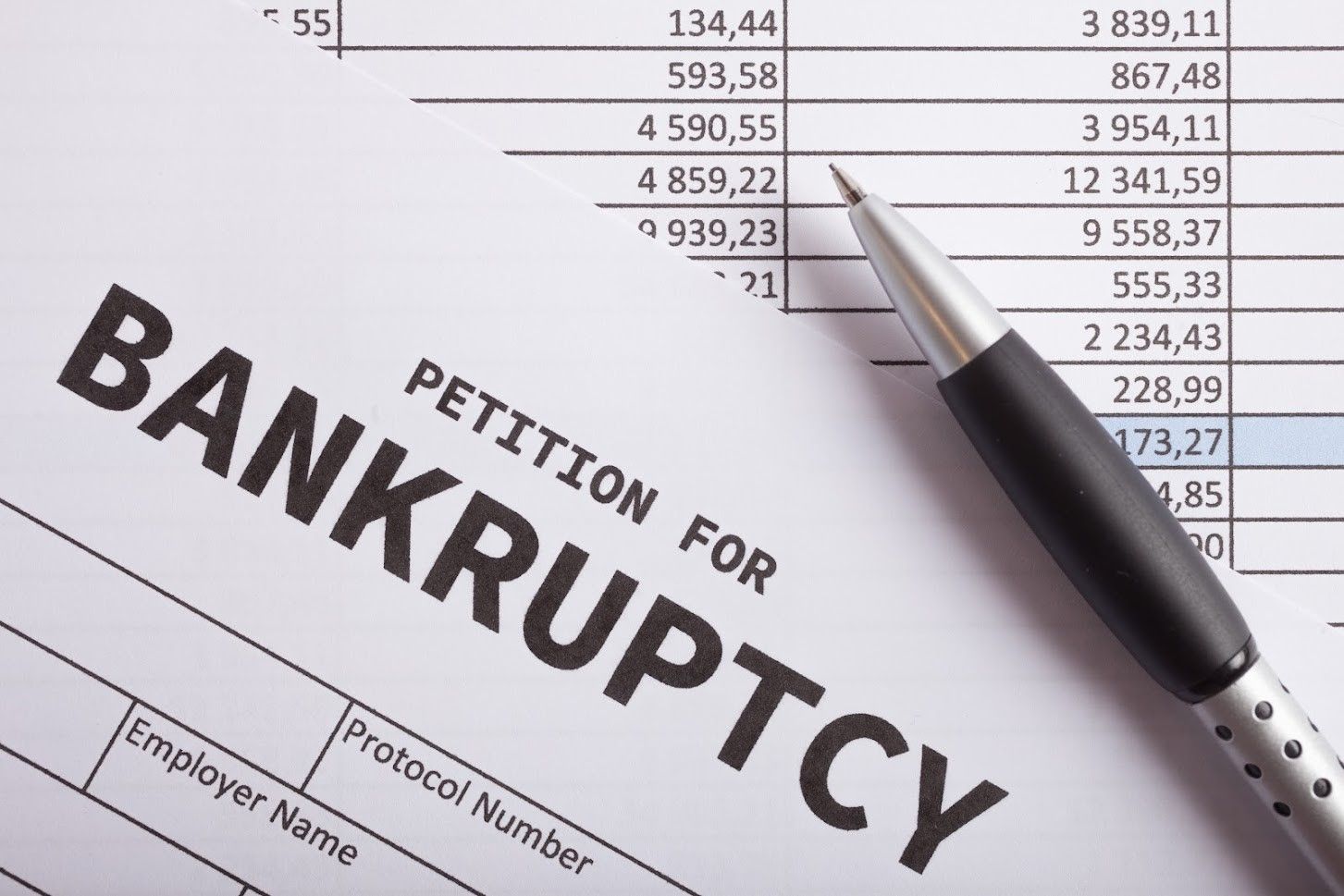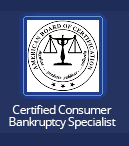Multiple Properties, Allowed Exemptions, and Other Homeowner Issues During Bankruptcy

Bankruptcy does not mean that filers lose all their assets. Many people that file bankruptcy keep their home and some even maintain ownership of additional properties. Anyone that owns more than a primary residence, however, may need guidance during the bankruptcy process to ensure they make decisions that will benefit their future.
Know the Exemptions
Under Chapter 7 bankruptcy, a primary residence qualifies as a homestead. The owner can keep any home as long as they only have up to $40,475 in equity in the property. Homeowners age 65 or over can have $60,725 in equity. The homeowner must stay current on their loan or have the means to pay any missed payments to qualify.
Married couples may want to use a federal exemption that allows them an equity amount of up to $50,300 per couple. If the homestead does not use the total equity amount, the excess can go towards exempting a second property. The use of the federal exemption for a property requires people to use federal exemptions for all other assets and this may not benefit all filers.
According to Michigan Bankruptcy law, homeowners may also save a second property with the $3,500 asset exemption allowed in Michigan. The law allows the exemption to apply to real property if it is not in the same city as the homestead or includes over 40 acres of land.
Property owners with a valuable property that exceeds the exempted amount or who have too many properties to preserve under a Chapter 7 bankruptcy should file for Chapter 13 protection instead. Chapter 13 requires a repayment plan with creditors rather than a discharge of the debt, but it enables the debtor to keep more of their assets.
Weigh the Risks
In some situations, keeping a house is not the most beneficial option for the filer. If the equity in the property exceeds the amount exempted by law, for example, the debtor must pay the creditor the difference to keep the property. Using all available cash or selling another asset, like a family vehicle, to raise funds may cause continued hardship after the bankruptcy.
People must prove an ability to repay their loans if they wish to keep any property. Even if someone has the income available to make the payments after discharging other debts, the amount of the loan payments may still hold them back from their plans for the future.
A Chapter 7 bankruptcy requires the filer to catch up on their mortgage and stay current during the bankruptcy process. Chapter 13 filers will need to include any late fees and back payments in their repayment plan or negotiate to have the amounts removed or reduced.
Another concern is that creditors could seize property, even a house with a homestead exemption if the filer used it as collateral on a loan they want the court to discharge. The law allows creditors to liquidate property to pay off the debt.
Review Other Options
Chapter 11 is another option for property owners with multiple properties or valuable assets. Chapter 11 helps businesses to negotiate more favorable debt repayment plans, but individuals can also use the option. Chapter 13 is for people with up to $1,081,400 in secured debt, and $360,475 of unsecured debt. Chapter 11 can help those with debts that exceed these amounts.
Filers of Chapter 11 reorganization plans have more time to repay the overdue payments on their loans. The option also helps those who owe more on a loan than the value of the property because the plans often factor the payments based on the fair market value of the asset instead of the outstanding loan balance.
The bankruptcy protection needed, and whether or not you should keep the property or let it go, can depend on a variety of circumstances. Every case varies, so anyone who wants to improve their financial future should have guidance during the bankruptcy process. At the office of Charles J Schneider PC, we can help you choose a plan that works best for you. Call us today.

